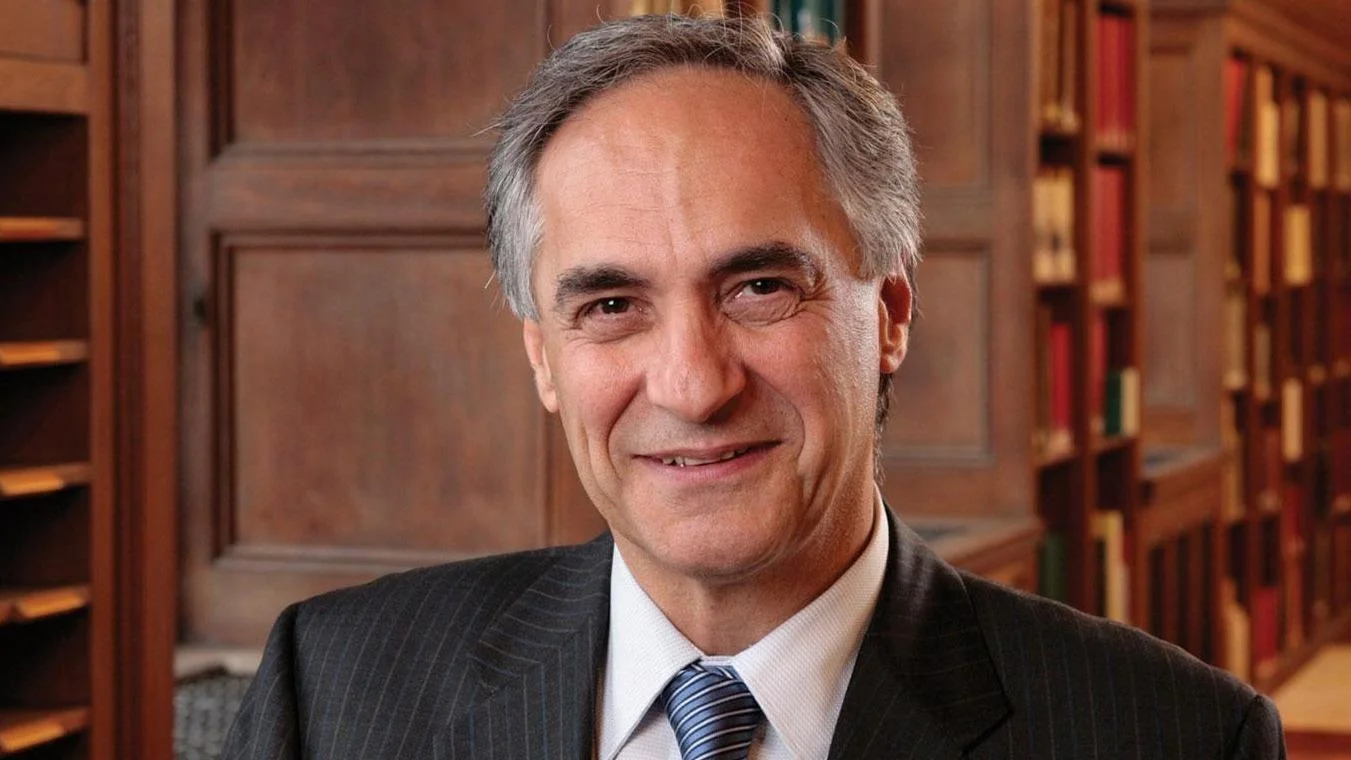When Professor John W. Boyer released his book "University of Chicago: A History" in 2015, it provided an in-depth look at the University's past and its influence on higher education. Now, a new edition extends that narrative through the tenure of the late President Robert J. Zimmer, reflecting on UChicago's continued evolution.
Boyer, a historian and former College dean, initially began researching UChicago's history to guide his own leadership. His work has since become a key resource for understanding how the University’s core values have shaped its direction over time.
“I think the more we can maintain our understanding of UChicago’s values and where they came from,” said Boyer, “the more we will understand how we should conduct ourselves in the present and deal with the many challenges that we face.”
The revised edition includes analysis of Zimmer’s 15-year presidency, highlighting both achievements and ongoing challenges. Boyer examines recurring themes such as risk-taking and adherence to foundational principles he refers to as ‘Grundnormen,’ which continue to define UChicago’s character.
“I would characterize these features of our history as involving what European jurists would call ‘Grundnormen’—first-order and foundational principles that marked the early decades of the history of the University that have continued to define who we are and how we act in the world,” Boyer said.
Boyer began exploring university history during turbulent times in the 1990s when significant changes took place within The College—including revamped curricula, increased international programs, improved student life resources, and enhanced alumni relations. He aimed to understand this period better by putting it into historical context.
“It felt like the eighth inning or ninth inning, but it wasn't too late. We were able to bring a lot of important new innovations to the College,” he said.
The book discusses pivotal moments such as UChicago's founding in 1892, post-World War II enrollment issues, publication of the Kalven Report on academic freedom during the 1960s, and debates about expanding The College in later decades. Throughout these periods, Boyer identifies successful leaders as those who balanced tradition with innovation—a theme reflected by presidents William Rainey Harper, Robert Maynard Hutchins, Hugo Sonnenschein, and others.
“It just shows you how these institutions can't be taken for granted,” Boyer said. “They depend upon wise leadership, but they also depend upon understanding what needs to be done in your time... They need to change responsibly, but also to take risks.”
For his latest research covering Zimmer’s presidency (2006–2021), Boyer used interviews with Zimmer before his death in 2023 along with conversations involving about 55 administrators and trustees. Major projects under Zimmer included establishing global centers in Paris, Beijing, Delhi, Hong Kong; founding what is now known as Pritzker School of Molecular Engineering; and revitalizing Hyde Park’s commercial district.
Zimmer prioritized reinforcing free expression at UChicago by commissioning a faculty committee that produced what became known as “the Chicago Principles” in January 2015—a document later adopted by over 100 other colleges nationwide.
Boyer notes that while these initiatives have made an impact today, their full effects may not yet be realized: “one of substantial investments premised on long-term returns.” The ongoing debate around free expression highlights how historical decisions can continue shaping future policy across academia.
“Beardsley Ruml, the first dean of the Social Sciences Division, once said that the kind of people who really prosper at the University of Chicago are people who are willing to take risks and be entrepreneurial and innovate,” Boyer said. “And I've often thought that’s something we really owe to our first President William Rainey Harper. Most of our subsequent presidents have had that instinct or that quality as well. And you need that, the place needs that in order to fulfill its destiny.”

